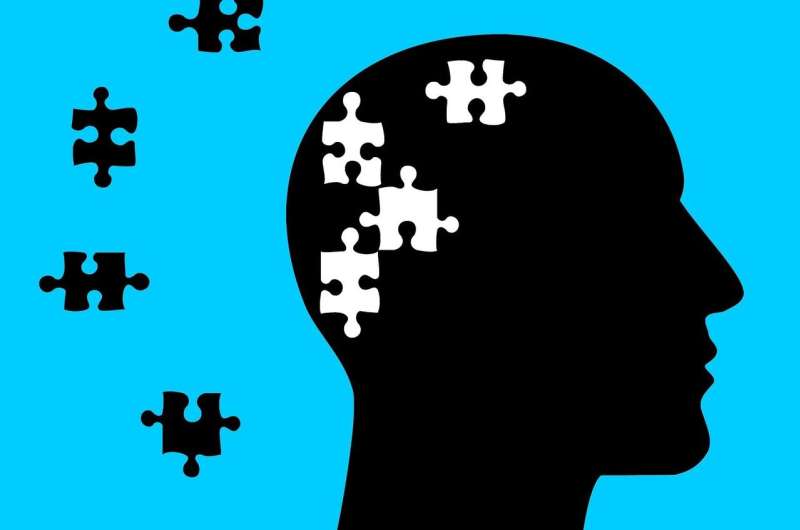Anxiety-depressive disorder changes brain genes activity

Russian neuroscientists discovered that anxiety-depressive disorder in mice is associated with impaired energy metabolism in the brain. The obtained data provides a fresh look at depression development and other psycho-emotional conditions. The results of the study are published in the BMC Neuroscience.
The World Health Organization claims that five out of 10 major causes of disability in most countries are related to mental and behavioral disorders. Up to 95 percent of people with depression have a diagnosis of anxiety disorder. As recent research shows, such conditions might be associated with mitochondria defects. Mitochondria are responsible for the formation of ATP molecules, which are necessary for most energy reactions in living organisms. Defects of mitochondria appear due to congenital mutations or adverse external conditions, violating the work of mitochondrial genes with no mutations. As a result, the amount of proteins encoded by these genes changes.
Neurobiologists from the Institute of Cytology and Genetics of the Siberian Branch of the Russian Academy of Sciences conducted an experiment on depression modeled in mice to find out whether mitochondrial defects occur in parts of the brain during psycho-emotional disorders in animals. In total, the study compared the work of 47 genes encoding numerous carrier proteins located on the inner membrane of the mitochondria.
"The results of this study confirm the findings of our previous work. It means that psycho-emotional disorders due to constant social conflicts cause severe mitochondrial dysfunction in the brain. The consequences of these disorders can be observed in many neurological and psychoemotional diseases, including depression, bipolar disorder and schizophrenia. A detailed study of the mechanisms of development of mitochondrial dysfunction may provide the key to new methods of treating these diseases," says Natalia Kudryavtseva, senior researcher at the Institute of Cytology and Genetics of the SB RAS.
Scientists conducted experiments on mice placed in of social conflict, triggering depression and anxiety. They compared how selected genes worked in this mice group with some control mice, who did not experience such stress. It turns out that expression of most genes in the hypothalamus, the part of the brain that regulates stress reactions, changes. Gene expression also changed in the hippocampus, which plays a crucial role in memory formation, emotional reactions and new neuron formation. These data show that in chronic social conflicts that lead to the development of anxiety-depressive disorder in animals, the work of mitochondria is disrupted in several parts of the brain.
More information: Vladimir N. Babenko et al, Altered Slc25 family gene expression as markers of mitochondrial dysfunction in brain regions under experimental mixed anxiety/depression-like disorder, BMC Neuroscience (2018). DOI: 10.1186/s12868-018-0480-6

















